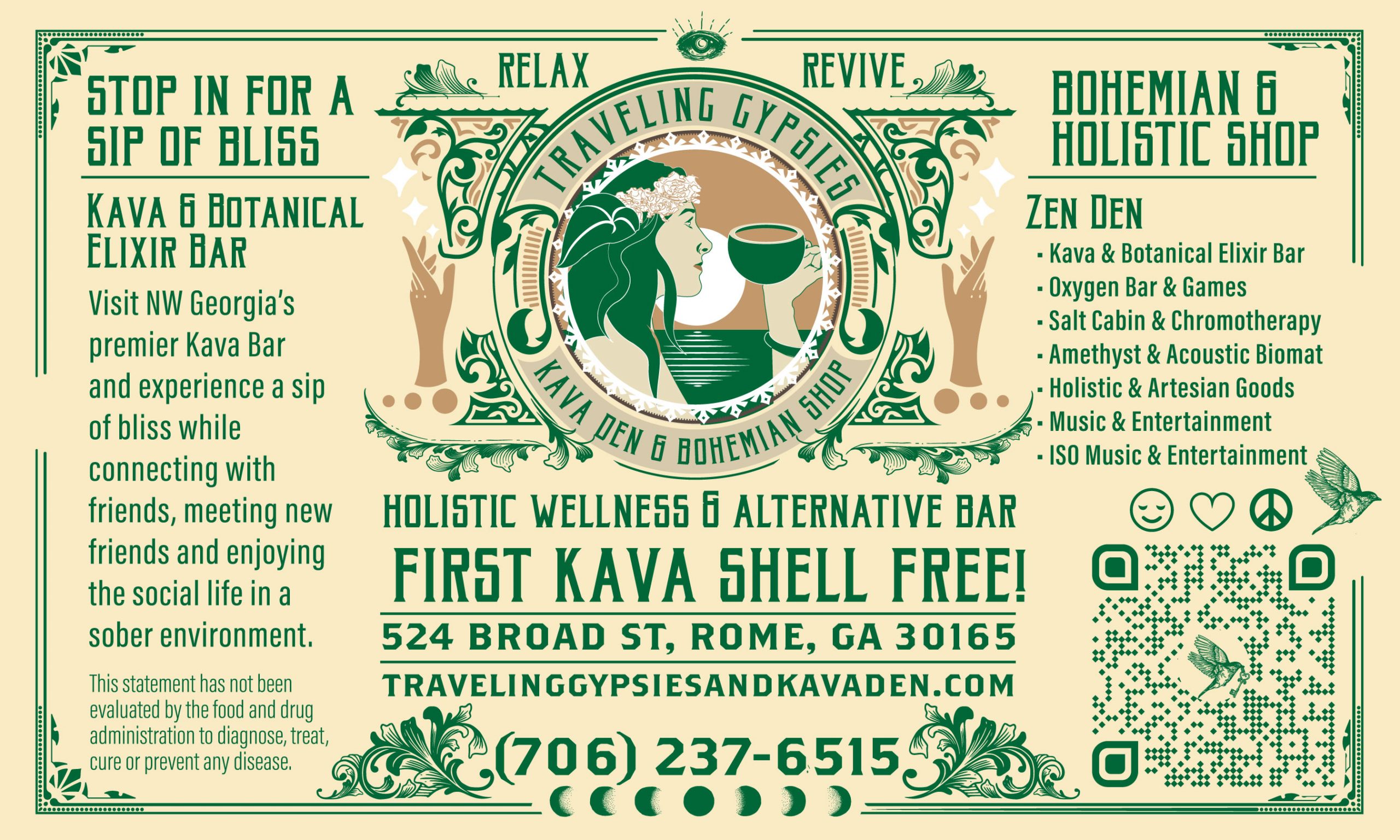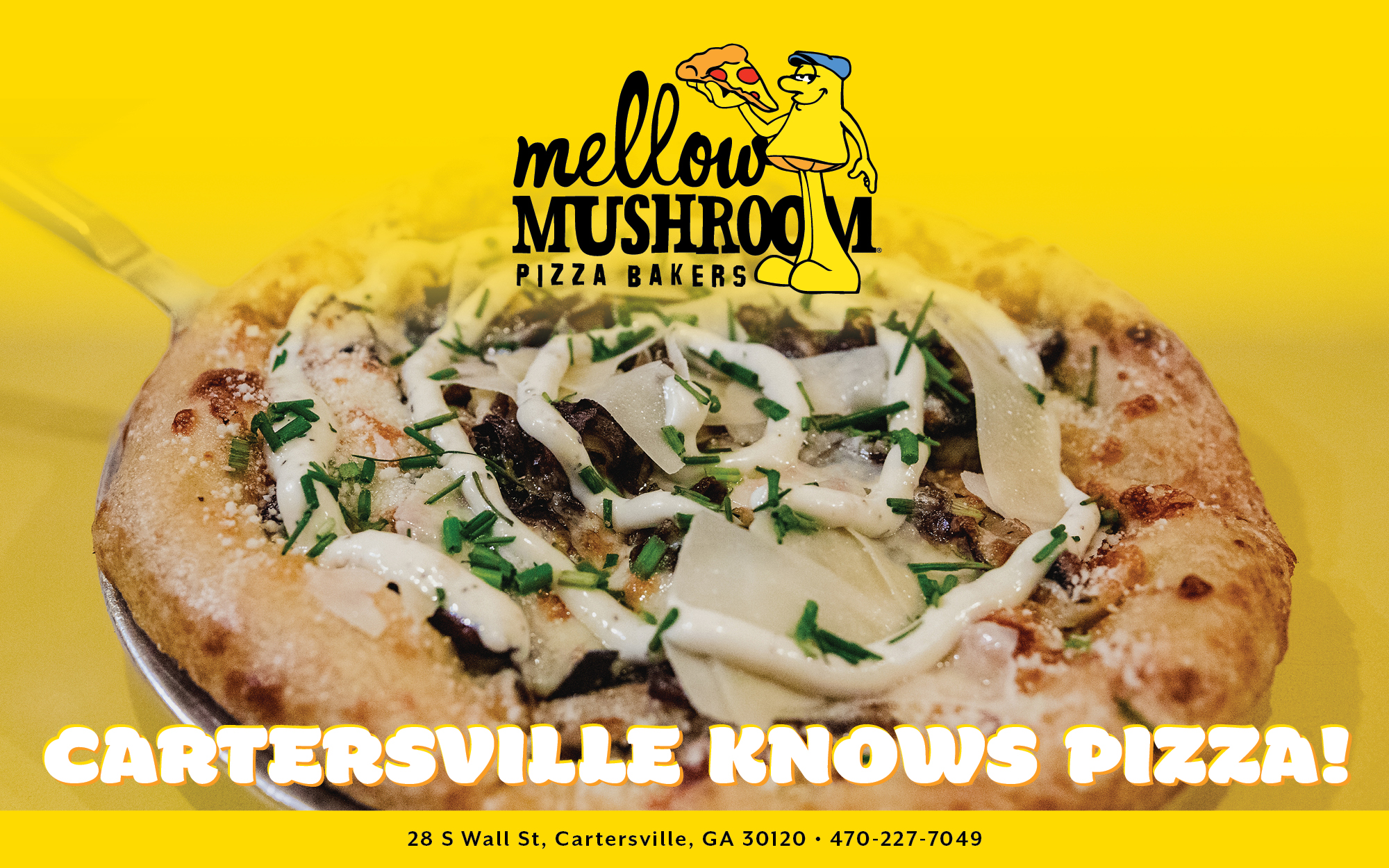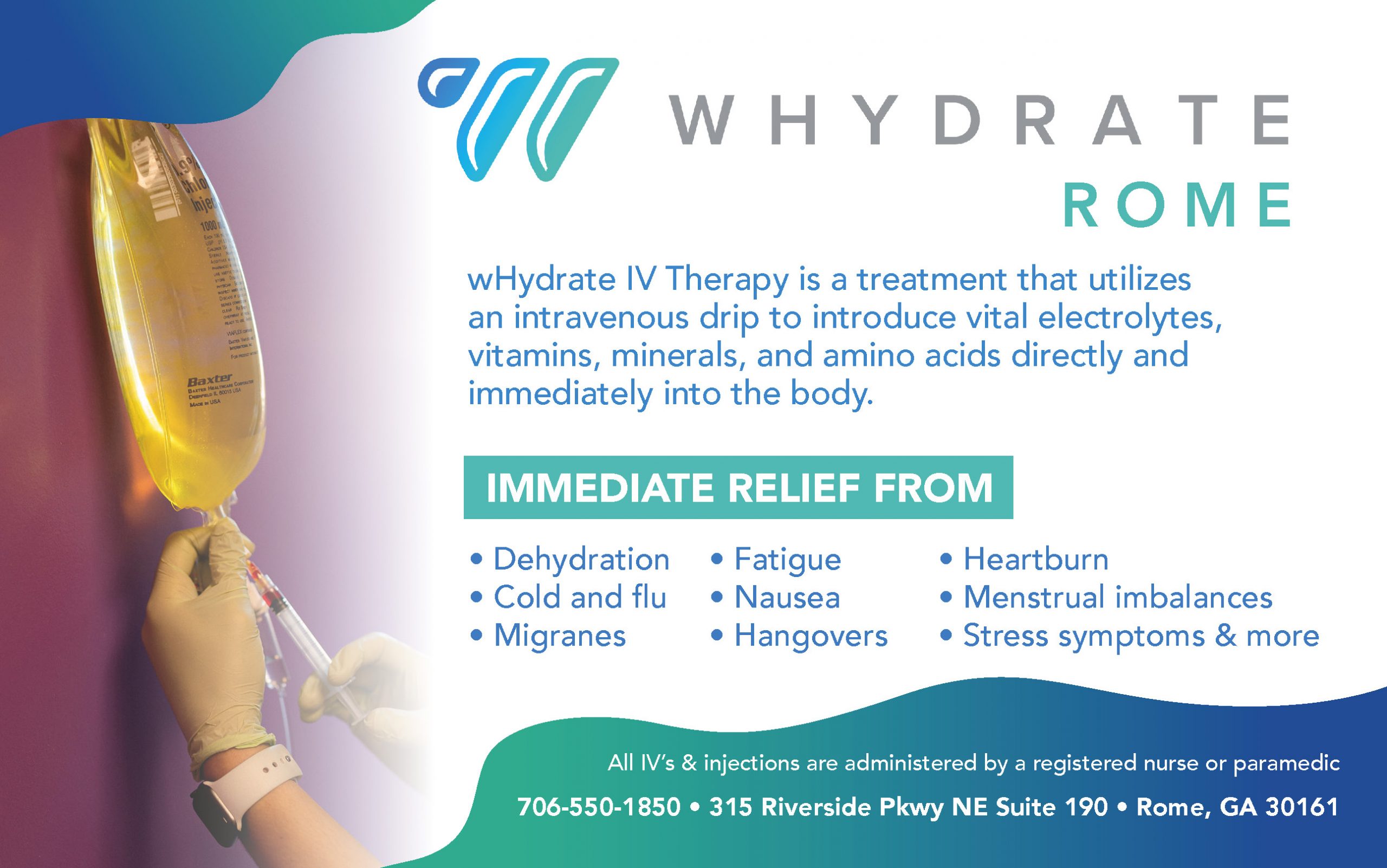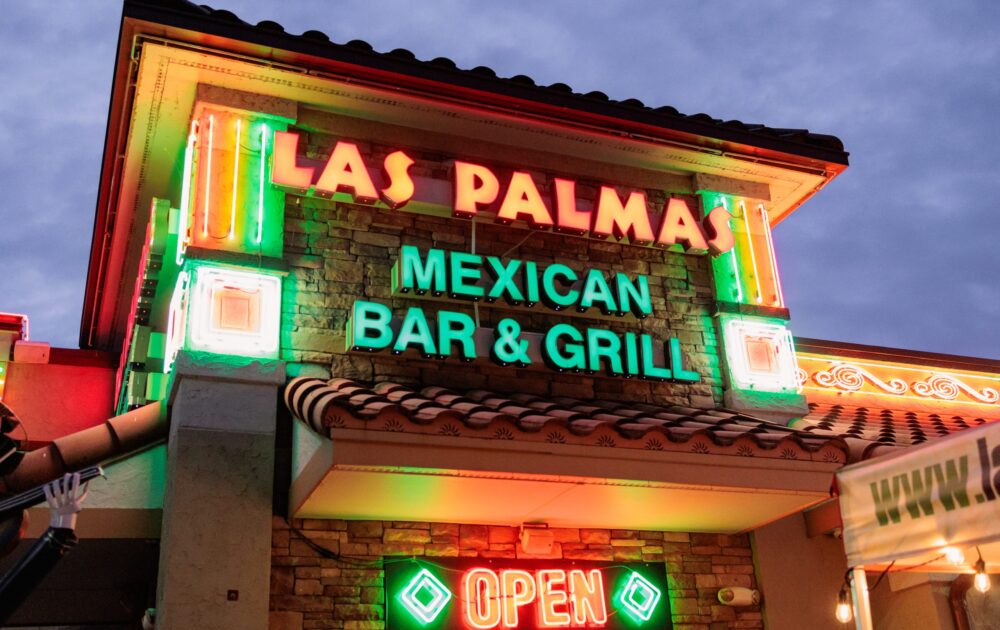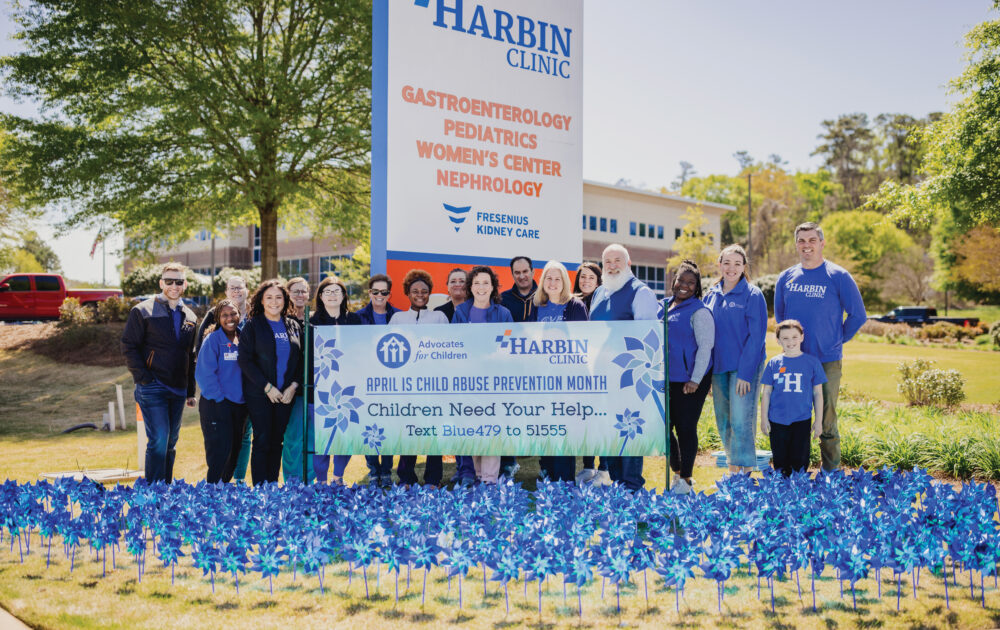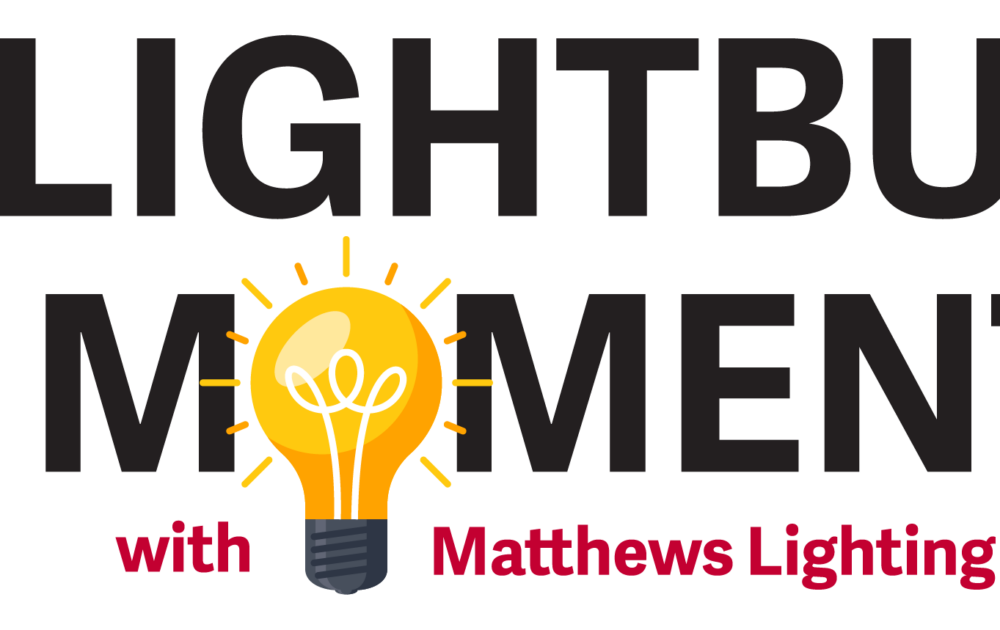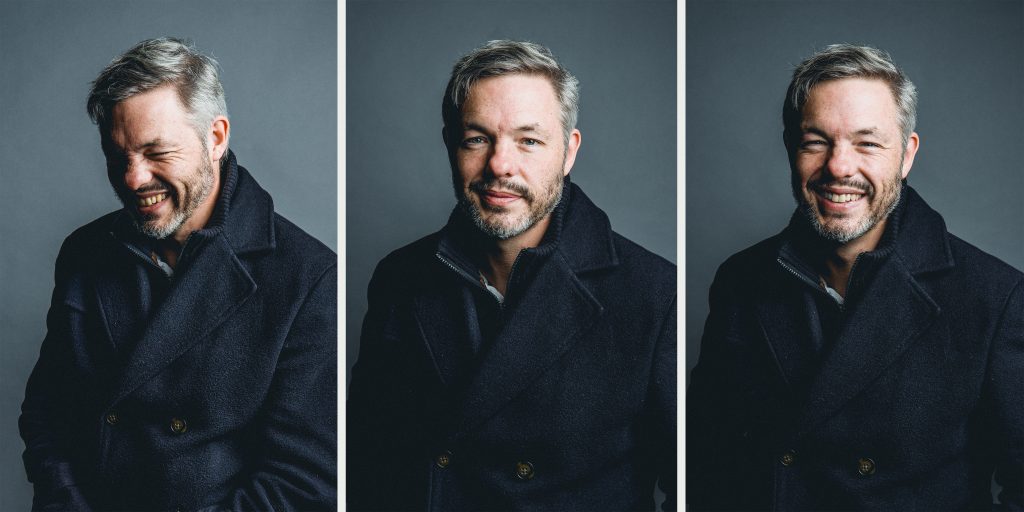
Photo Andy Calvert
Q1: What motivates you as a city commissioner?
My motivation was based on the potential that Rome has versus where it currently is. I wanted those two things to get a lot closer together. Rome has a really good quality of life, we have an exceptional group of people that live here, and it’s natural beauty is outstanding. I wanted to… really help Rome’s potential get to its fullest amount.
Rome is great, but Rome can be better, and I want it to get there and thought I had some pretty ideas to help it get there. What’s important to me as a city commissioner is really quality housing, quality of life, thinking differently in terms of economic development so that we can include millennials and Gen Z so that we don’t get left behind in future workforce development.
Those specifically played out in my mind as things like redeveloping the River District area with good quality workforce apartments and a lot of density, a river walk so that we can improve the quality of life for residents of Rome and give them more opportunities to interact with the river, and also making sure that we include all of Rome when we look at the future of Rome. An example of that: sidewalks down Shorter Avenue being safer, the corridor down Martha Berry being more attractive and friendly to those who visit us from out of town.
Q2: What are your current projects and goals in this role?
Over the past year, that has manifested in two different things. Number one is a complete rewrite of the Uniform Land Development Code (ULDC). I brought up in February at a commissioner retreat that the ethos behind the current ULDC was anti-growth in nature and I pointed out a lot of specifics of how that was playing out in the current document and how it is for the most part unfixable in its current form and that I thought it needed a rewrite.
If there’s anything more contentious than dealing with personal property and land in general, I’m not quite sure what it is, but the truth of the matter is, Rome has not grown like it was supposed to and Floyd County has not grown like it was supposed to in the last 25-30 years. A large part of that over the last 20 years is because of the land development code. At that retreat… everybody agreed in principle to rewrite the code, which was amazing.
We are in the final stages of releasing an RFP (request for proposals) to… basically look for somebody to help us rewrite the code from the ground up with the understanding that this doesn’t need to be a boiler plate code that somebody wrote for a metro Atlanta area or a small township out in the western United States. It needs to be very specific to Rome because we have a lot of unique issues in terms of land development, and… we have to approach it in a unique manner.
I think the RFP that’s about to go out captures that, and I’m looking forward to seeing who’s finally chosen for that task and really getting to work on fixing the development code so that we can become more developer-friendly and get… new subdivisions built and things like that.
Another big push has been related to that, and that’s on multi-family housing and getting density. The more units we can put per acre, especially in the downtown area and in the River District, the better. Essentially, it gives everybody a built-in base, in terms of Broad Street and the heart of the city, to allow people to go shop and live and work and play all in walking distance of each other.
What happens over there is going to be critical, but not just there. We also need multi-family housing and workforce housing in West Rome, in East Rome and all over the place. What’s happened is, it’s so expensive to develop that nothing new is being developed, so the current rent rates are going through the roof and it’s almost impossible to find somewhere to rent. That discourages people from moving here, which feeds into our growth problem.
Q3: What are you looking forward to in 2021 and the future of Rome in general?
Really what I’m looking forward to in 2021 is hopefully coming out of the COVID funk that we’re in. I’m also really excited about the possibilities that it holds in terms of thinking differently about the resources that we have, and by resources I don’t just mean land resources and building resources, I’m really talking about human capital. How can we leverage our young workforce and how can we leverage the amazing education system that we have in this town… to really build a different economy in Rome.
I think the first chance we’re going to get to do that is in 2021… I think we have the opportunity to sit down and really rethink at the most basic level what Rome, Georgia wants to be when it grows up. We’ve been so used to living off of manufacturing, and our existing manufacturers are excellent and they’re fantastic community partners, but we can’t rely on that going into the future.
It’s really a fundamental rethinking of what we want to be and how do we get there. There’s a lot of different opinions about that, and I’m really looking forward to having that discussion and implementing those ideas so that we can really get Rome to reach its full potential.
Closing Thoughts: I’m having a good time. I’m enjoying what I’m doing; it’s challenging, a lot of it’s thought-provoking and there’s a pretty steep learning curve. I, as well as pretty much anyone else who works in government, am frustrated at the pace and the speed that things go sometimes, but overall, I will say that I am impressed at how efficiently our local government is run.
Our city employees are second to none; I’ve really been impressed with the quality of people that are in this city and the ideas that they have. It just makes me more proud of the city I live in, and it reinforces my theory that Rome has so much potential that we haven’t tapped yet. If we can work to tap it correctly, we could be one of the top cities in the nation, I have no doubt.



